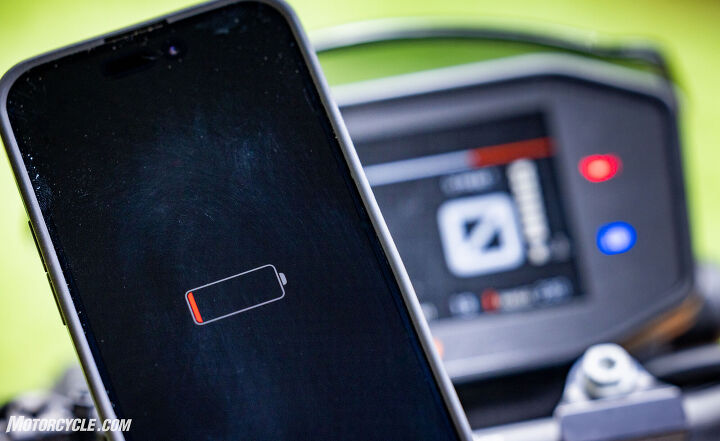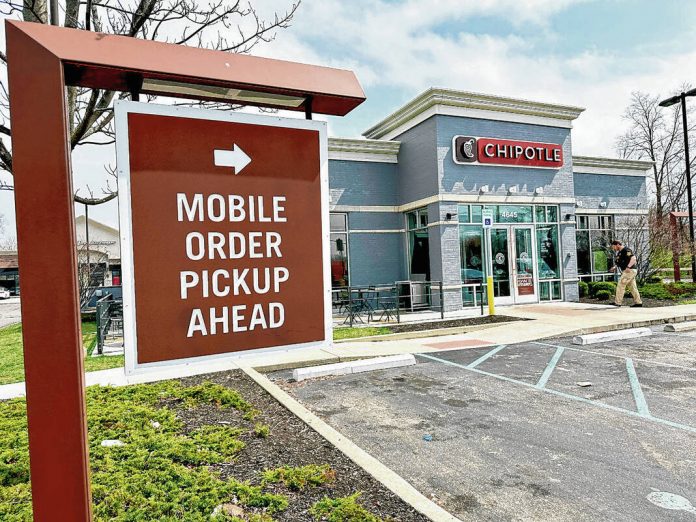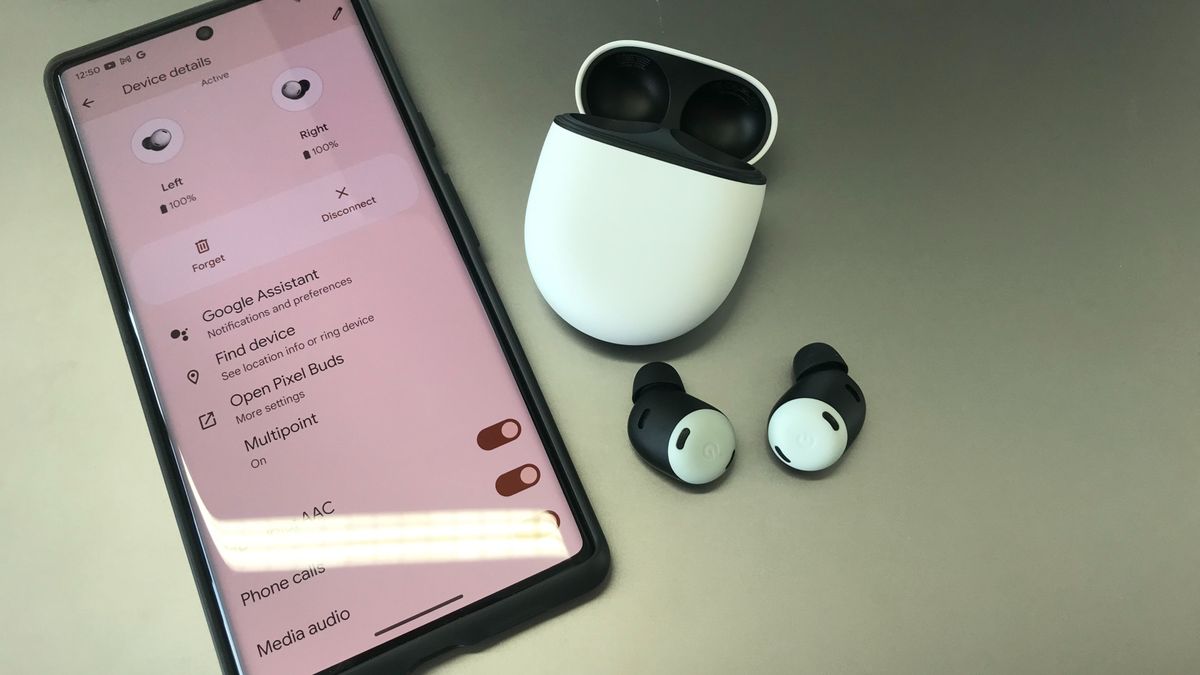Mobile World Congress 2023: Collaborating for a new era of innovation and inclusive growth

In business today, the road from aspiration to impact is often paved with technology. Early this month, Barcelona hosted the first full-scale Mobile World Congress (MWC) in four years. It’s the biggest event in the connectivity industry and drew 88,500 visitors from 202 countries and territories.
Nearly every McKinsey engagement today is a tech engagement, and dozens of McKinsey industry practitioners and experts in AI and analytics, ops, and marketing and sales attended. They moderated keynote panels, led roundtables and workshops, and met on topics including the metaverse, sustainability, AI and MLOps, and developing inclusive workforces and customer bases.
MWC showcases the newest and most innovative digital tech. This year, attendees could ride a virtual reality air taxi, shop in a digital-twin store, and check out the latest mobile phones—with liquid cooling, rolling screens, folding cases, and satellite messaging.
McKinsey senior partner attendees Andrea Travasoni, Ferry Grijpink, and Liz Hilton Segel described this year’s event as upbeat, collaborative, and realistic, with an undercurrent of urgency. “Growth is the single most important topic on leaders’ minds,” said Andrea, who has served a number of telcos in Europe and hosted a CEO breakfast at the event. “They are focused on how to grow beyond their core business; how to create demand and win in new markets; identify the right partners; and attract the best talent.”
Open Gateway, a new industry-wide initiative launched during the event by GSMA, a non-profit organization that works to advance the mobile-technology industry, is designed to do exactly this: promote growth that is lasting and inclusive by accelerating the innovation of new digital services.
“A group of 21 telco operators representing 45 percent of mobile connections has agreed to collaborate and open up digital infrastructure, in a standardized way,” explains Ferry. “This allows cloud developers, telecom operators, and digital programmers to access capabilities, such as cybersecurity, identity, and billing, in a uniform way so they can more quickly and effectively develop new services using 5G and immersive technologies.”

Bob Sternfels, McKinsey global managing partner, welcomed guests to a networking reception
This is a major shift in the industry from competition between telco providers to collaboration, from selling connectivity to collectively operating a global infrastructure together. “The digital infrastructure was described as a ‘giant Earth computer,’ connecting people everywhere, from mountains to the most remote, rural areas,” recalls Ferry. “I think that was a beautiful metaphor of industry collaboration, which this agreement will help to promote.”
Open Gateway could accelerate innovation on several fronts. In Barcelona, attendees viewed demos and discussions of the next-level of autonomous driving, truly immersive gaming and music, and various forms of drone farming, as a start.
Are telco operators prepared for this new world? Liz, who led the keynote panel on co-creation, believes so. “Many expressed a strong conviction about the need to evolve,” she said. “But I think this will require learning new skills, starting with creating the mindsets needed to function in a multi-party working group and the capability of building models such as joint ventures, alliances, and even acquisitions that will allow them to benefit from the relationships.”

Attendees catch up at the McKinsey stand
McKinsey often helps clients with these challenges, Liz adds. “We have experts who think creatively, and beyond today’s ways of working, to see a new future. They can also bring in examples from other industries.”
It all adds up to a momentous time for telco operators, according Andrea. “When we think about bringing education to remote places; opening access to healthcare; expanding financial services to the poorest parts of the world, and more,” she says, “there is a desire on the part of telco operators to control their own destiny and the bright new future they can create collectively.”








